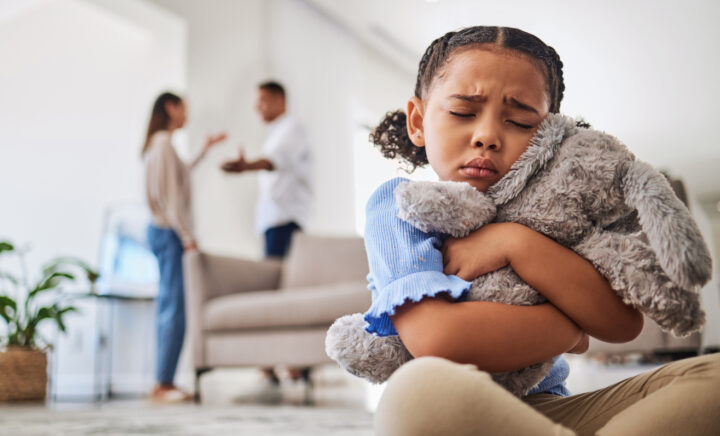Not every parent gives their child the love, support, or stability they deserve.
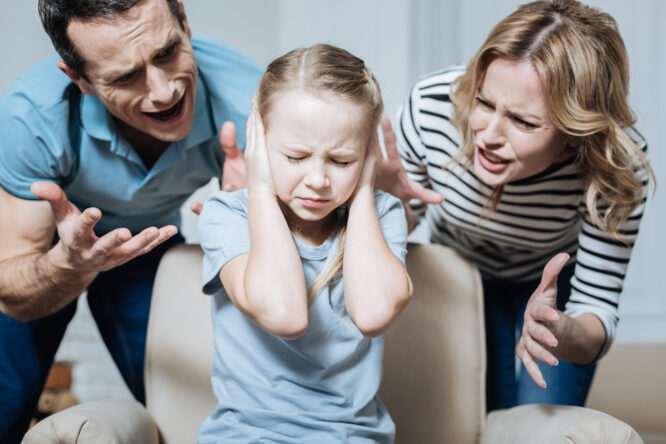
Sadly, as those children grow into adults, they often carry around a lot of unspoken feelings—grief, confusion, anger, or even just a dull ache that never quite goes away. Some things feel too messy or complicated to say out loud, especially when there’s still pressure to “be grateful” or “move on.” That being said, if they could be brutally honest—without the guilt, the shutdowns, or the drama—here’s what many adult children would really want to say to the parents who let them down.
“I needed you to protect me, and you didn’t.”
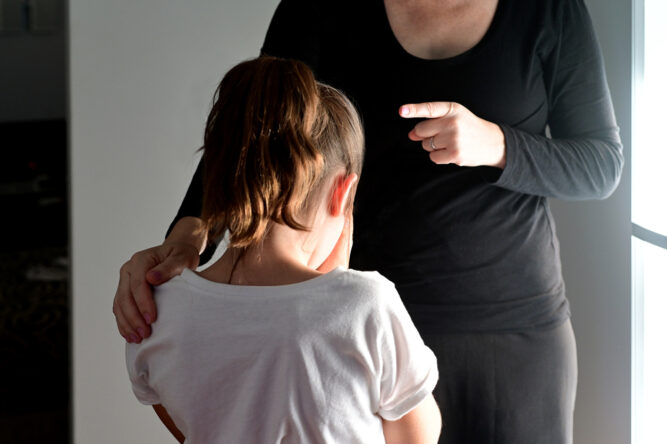
This is one of the hardest truths to sit with. When you’re little, you believe your parents will keep you safe. So when they didn’t—whether through neglect, poor choices, or putting you in harm’s way—it leaves a scar that doesn’t just fade with time. As an adult, it can feel impossible to reconcile the fact that you weren’t given the safety every child deserves.
This isn’t about blame for the sake of it. It’s about naming the reality that your childhood didn’t feel secure, and that gap shaped the way you see the world now. Saying “you didn’t protect me” isn’t about punishment—it’s about finally acknowledging what you carried alone.
“I wasn’t being ‘dramatic.’ I was hurting.”

So many kids are told they’re too sensitive or overreacting, when in reality, they’re reacting normally to painful or chaotic situations. Having your feelings dismissed over and over teaches you to shut down or second-guess your own reality. You start to think maybe it *was* your fault for being upset in the first place.
Now, as an adult, you may want to scream: I wasn’t being dramatic. I was a child in pain. And instead of seeing that, you made me feel ashamed for it. All I wanted was someone to notice—and take me seriously.
“You never said sorry, and that still matters.”
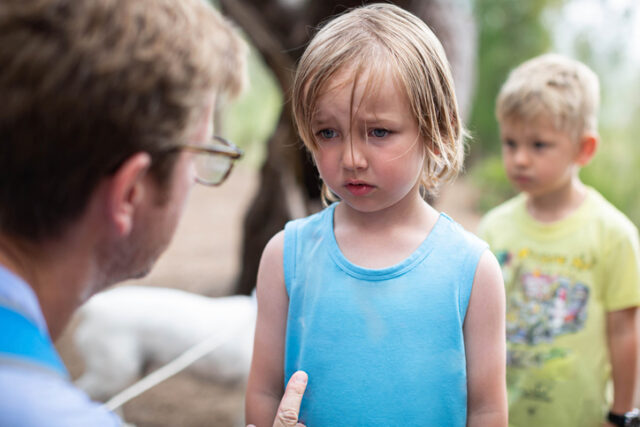
A lot of adult children aren’t looking for a huge emotional breakdown or grand apology tour. But even one simple, genuine “I’m sorry I hurt you” could change so much. The silence hurts just as much as what happened—because it feels like your pain was never acknowledged at all.
When parents refuse to apologise, it often feels like they’re choosing their pride over your healing. And that stings more than they’ll ever admit. It’s got nothing to do with dragging up the past—it’s about needing a bit of truth to help you let go of it.
“I still don’t know if you ever really saw me.”
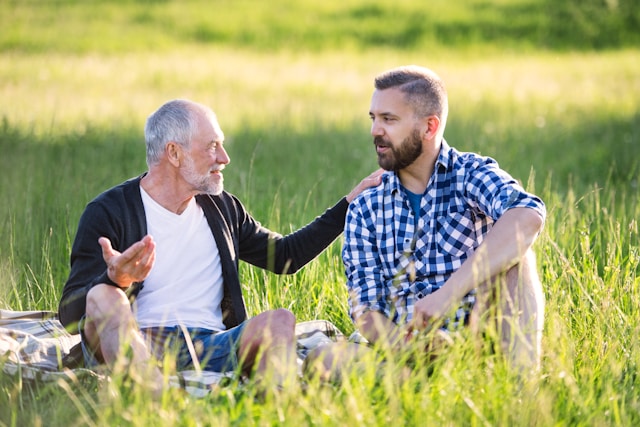
It’s painful to grow up feeling invisible. Maybe your achievements went unnoticed, your personality wasn’t accepted, or your emotional needs were never picked up on. You did everything you could to get approval, but it always felt just out of reach. Now, you might look back and wonder if your parent ever actually knew you, or just saw what they wanted you to be. And that question sticks, even years later. Being seen isn’t a luxury. It’s a core human need.
“You made me feel like love had to be earned.”
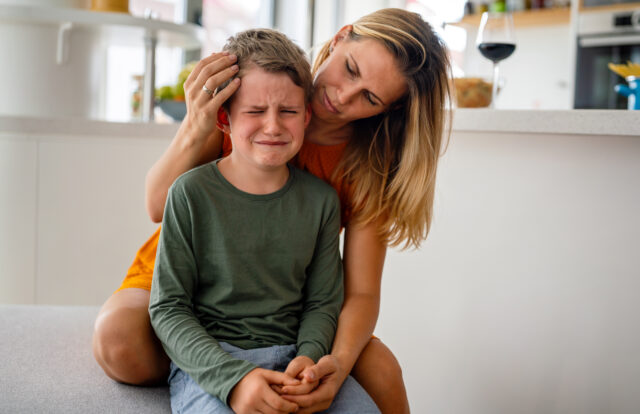
Conditional love leaves a long-lasting mark. If affection or attention was only given when you were “good enough,” it can warp the way you approach relationships for the rest of your life. You end up over-performing, people-pleasing, or constantly second-guessing your worth. You want to say: I wasn’t supposed to prove I deserved love. I was supposed to know I had it, even on my worst days. That foundation would’ve changed everything.
“You acted like your pain mattered more than mine.”
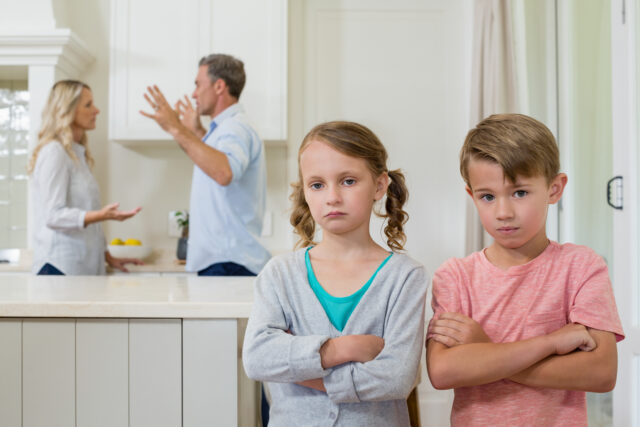
Some parents make everything about their own struggles. Any time you tried to speak up, it somehow circled back to their feelings, their past, their excuses. Instead of support, you got guilt-tripped. Instead of comfort, you were made to feel selfish for even needing it. What you want them to understand now is: just because you were struggling doesn’t mean I wasn’t. There was space for both, but you never made room for me in it.
“I shouldn’t have had to raise myself.”
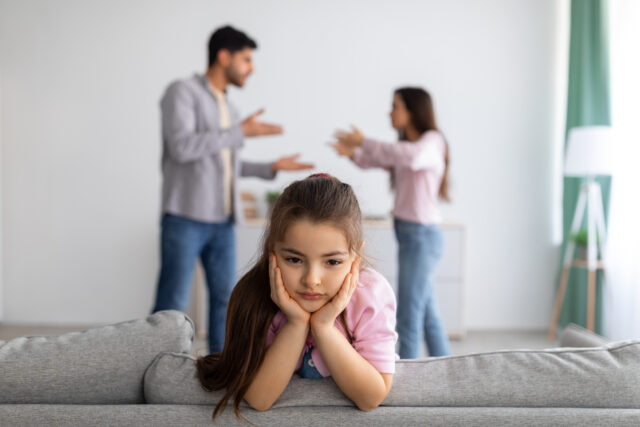
Whether emotionally, practically, or even physically, you were the one holding things together when it should’ve been the other way around. You were the fixer, the emotional support system, the one keeping the peace. And no one stopped to ask how much that was costing you.
That kind of responsibility robs you of a real childhood. And later in life, it can leave you feeling old before your time. You want to say: “I wasn’t strong—I was surviving. And I never should’ve had to do it alone.”
“I’ve had to unlearn so much because of how I was raised.”
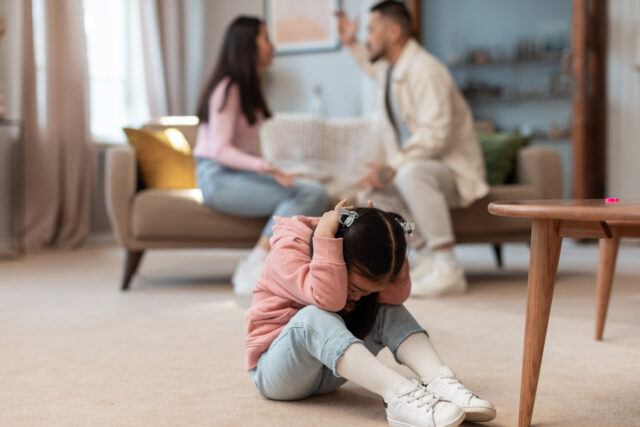
Maybe it’s the way you talk to yourself. Maybe it’s your fear of conflict, or how hard it is to trust people. A lot of adult children end up in therapy not because of one big event, but because of a thousand tiny messages they absorbed without even realising. And now, you want to say: “The work I’m doing to be healthy, to be kind, to be stable—it’s work I never should’ve had to do in the first place. I’m breaking cycles you didn’t even acknowledge existed.”
“You minimised things that changed me.”
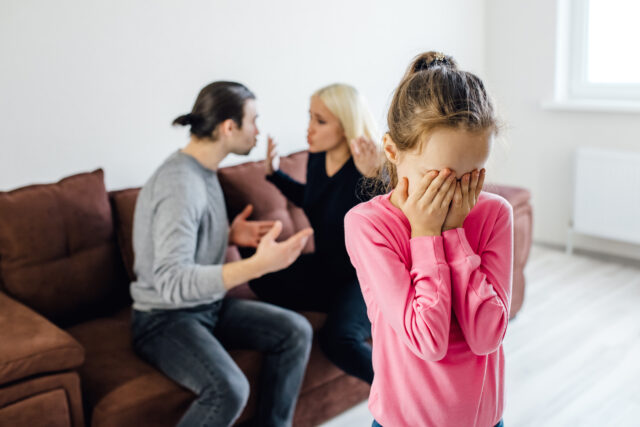
Maybe you brought up a hurtful moment once and were told, “That was nothing” or “You’re still going on about that?” But to you, it wasn’t nothing. It stuck. It shaped your fears or your sense of safety or your self-esteem in ways they probably still don’t understand.
You want them to hear it clearly, that just because they don’t remember it doesn’t mean it didn’t matter. Just because it wasn’t a big deal to them doesn’t mean it didn’t leave a mark on you.
“I needed parenting—you needed validation.”
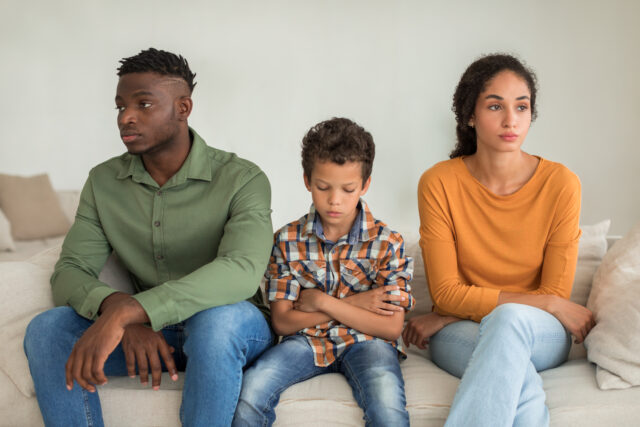
Some adult children grow up realising their parent didn’t want to raise them—they wanted to be adored by them. Instead of guidance, they gave guilt. Instead of boundaries, they wanted loyalty. You were expected to be the audience to their life, not the child living your own. You would have been okay with them not being perfect. You just needed them to be the parent, not the person constantly needing reassurance or praise or control.
“You made me feel like everything was my fault.”

Even now, you might still carry that automatic guilt, like anytime something goes wrong, it must somehow be your doing. That’s what happens when a parent makes a child responsible for adult emotions or outcomes. It teaches you to always look inward, even when the problem was never yours. What you want to say now is: “I was just a kid. I didn’t ruin things. I didn’t make you act that way. And it’s not my job to carry your shame so you don’t have to feel it.”
“You’re the reason I don’t feel safe opening up.”
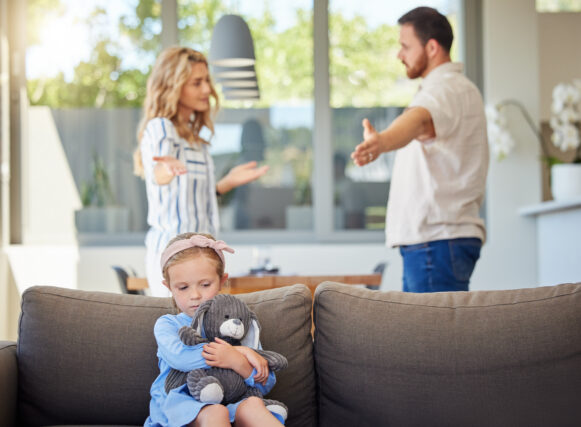
So many people struggle to be vulnerable in adult relationships because they were taught early on that speaking up meant being shut down, judged, or punished. If your first experiences of honesty were met with coldness or control, it makes sense that you still hesitate to be open now. It’d be a relief to tell them that your silence was largely formed by them, and you’re still trying to find the courage to unlearn it.
“I’ve lowered my expectations, not forgiven you.”
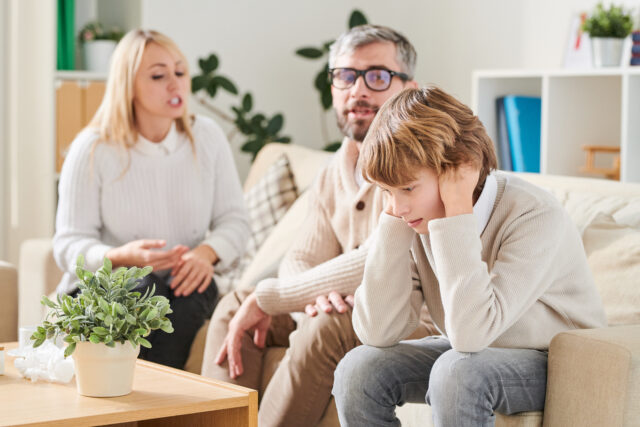
It’s easy to confuse reduced contact or polite conversations with forgiveness. But for a lot of adult children, the reality is this: they’ve just stopped expecting their parents to change. That’s not peace, it’s resignation—and it’s painful in its own quiet way. You might have made peace with who they are, but that doesn’t mean you’re okay with how things went. It just means you’ve learned how to protect myself now.
“I still wanted to love you.”

This one’s the hardest because it holds the most grief. Even after everything—after the hurt, the distance, the confusion—part of you still wanted that connection. You still wanted to believe they could love you in the way you needed. And admitting that makes it all feel even heavier.
It’s not weakness to say: “I wanted things to be different. I wanted a reason to stay close. But I had to choose what was best for my own wellbeing—and that meant letting go of the version of you I kept hoping would show up.”


